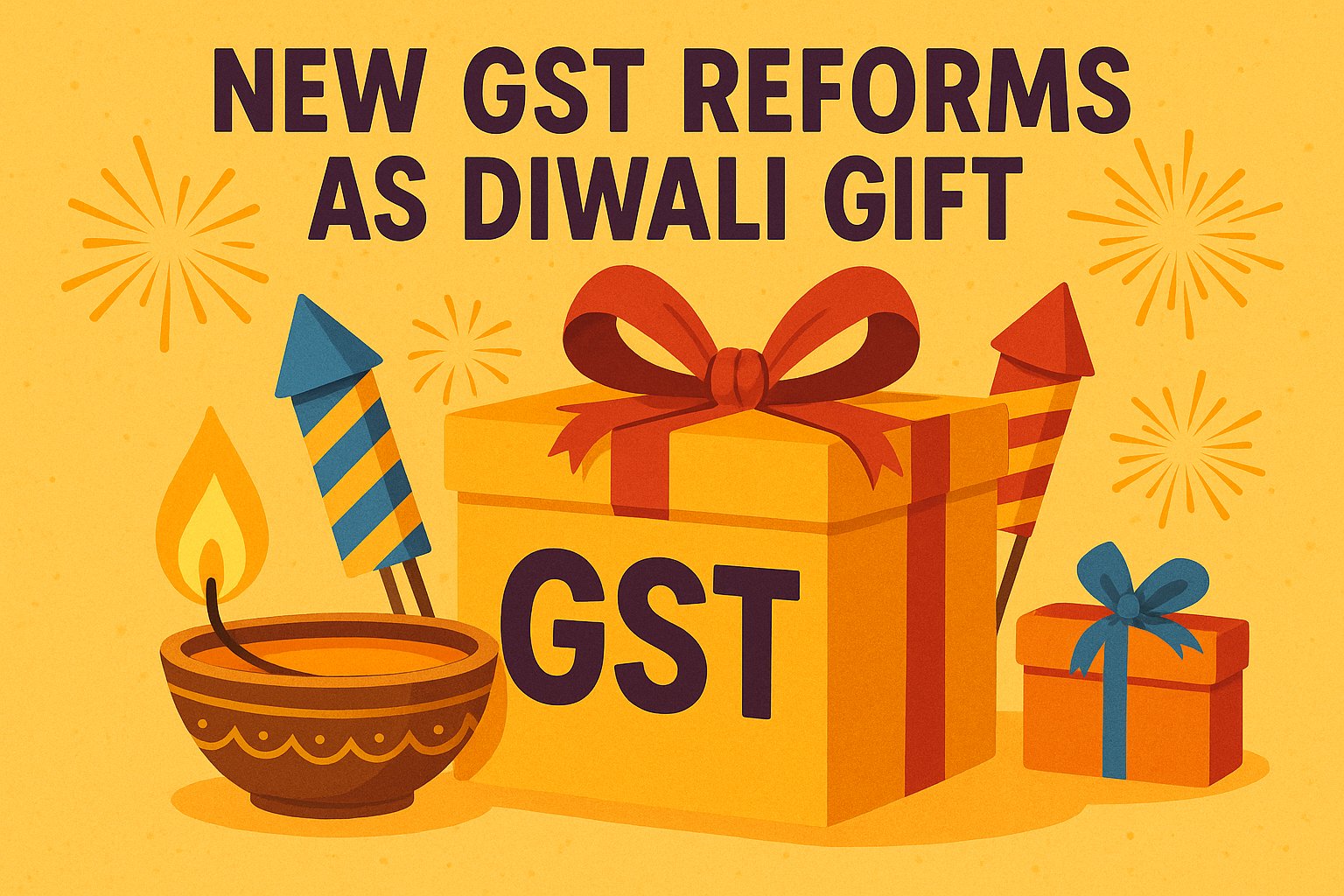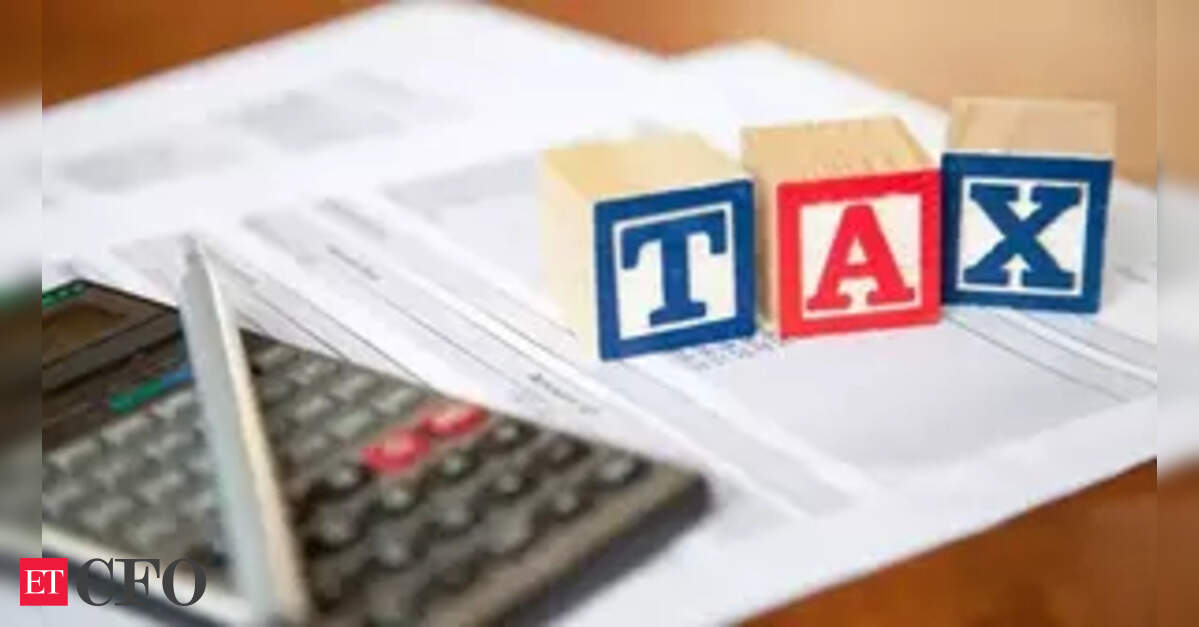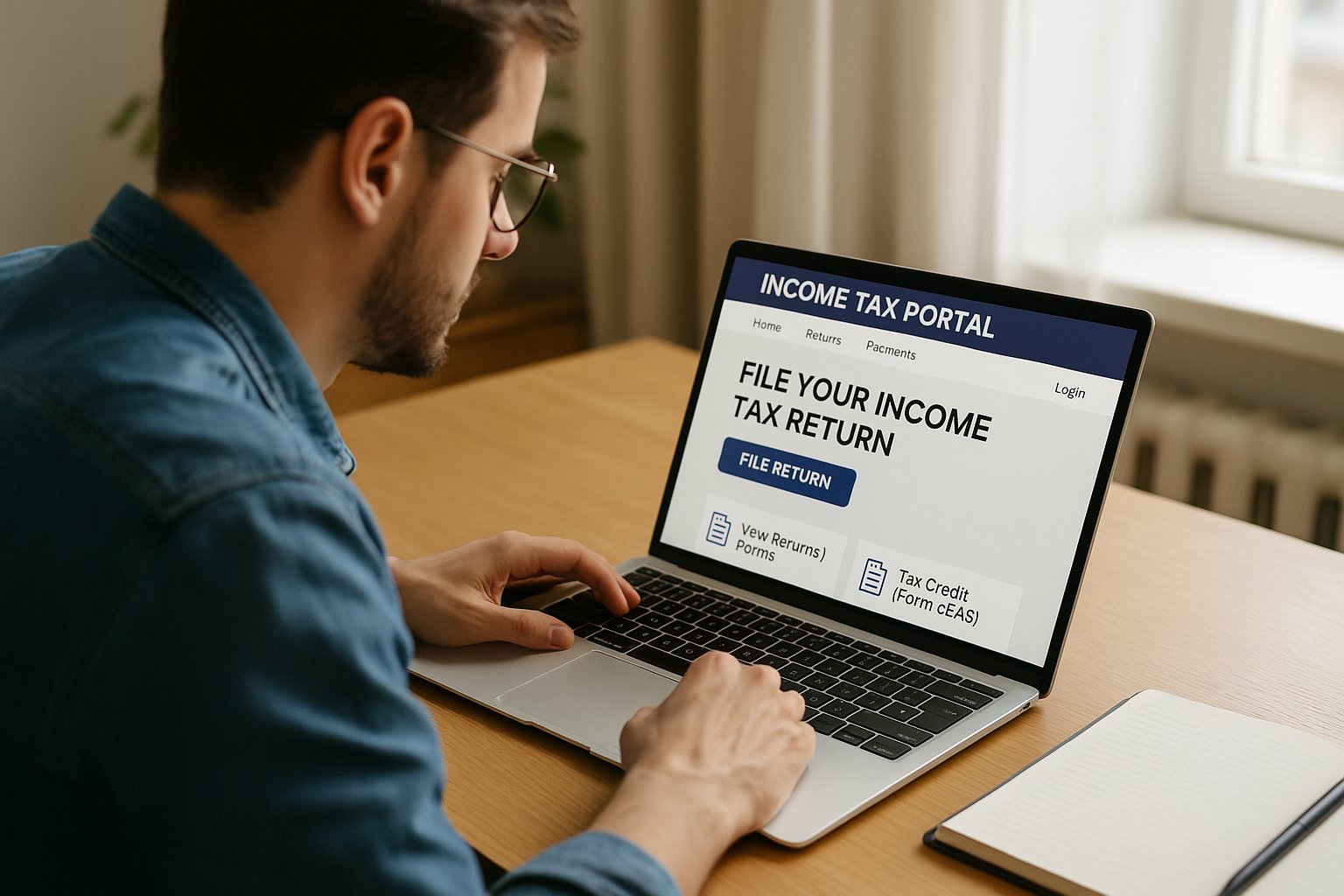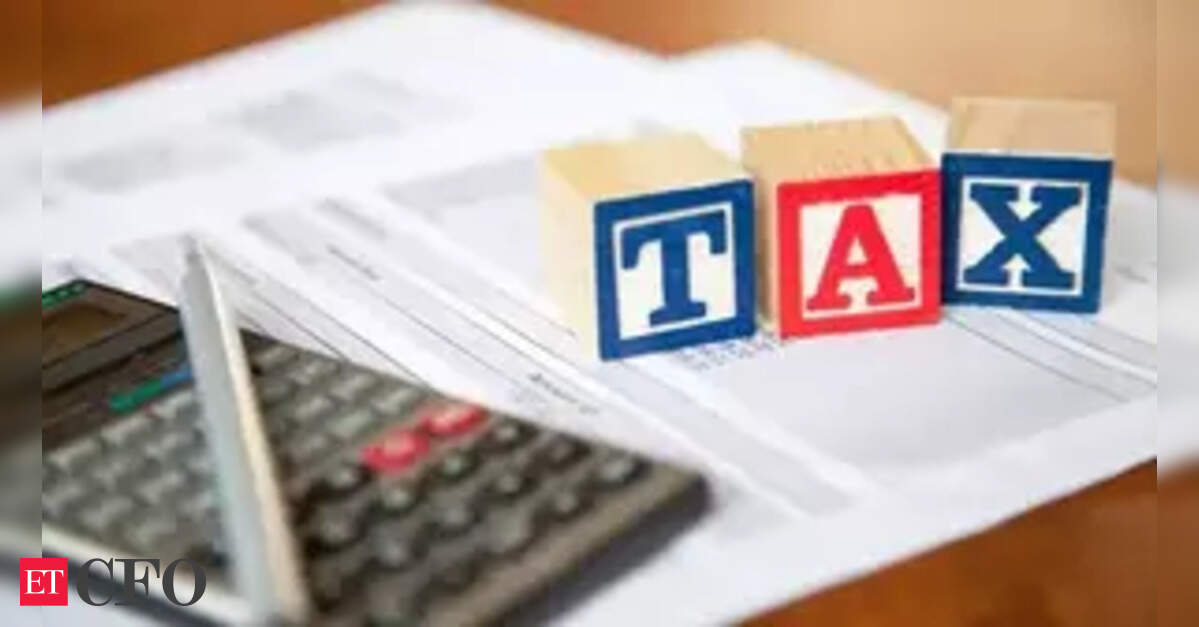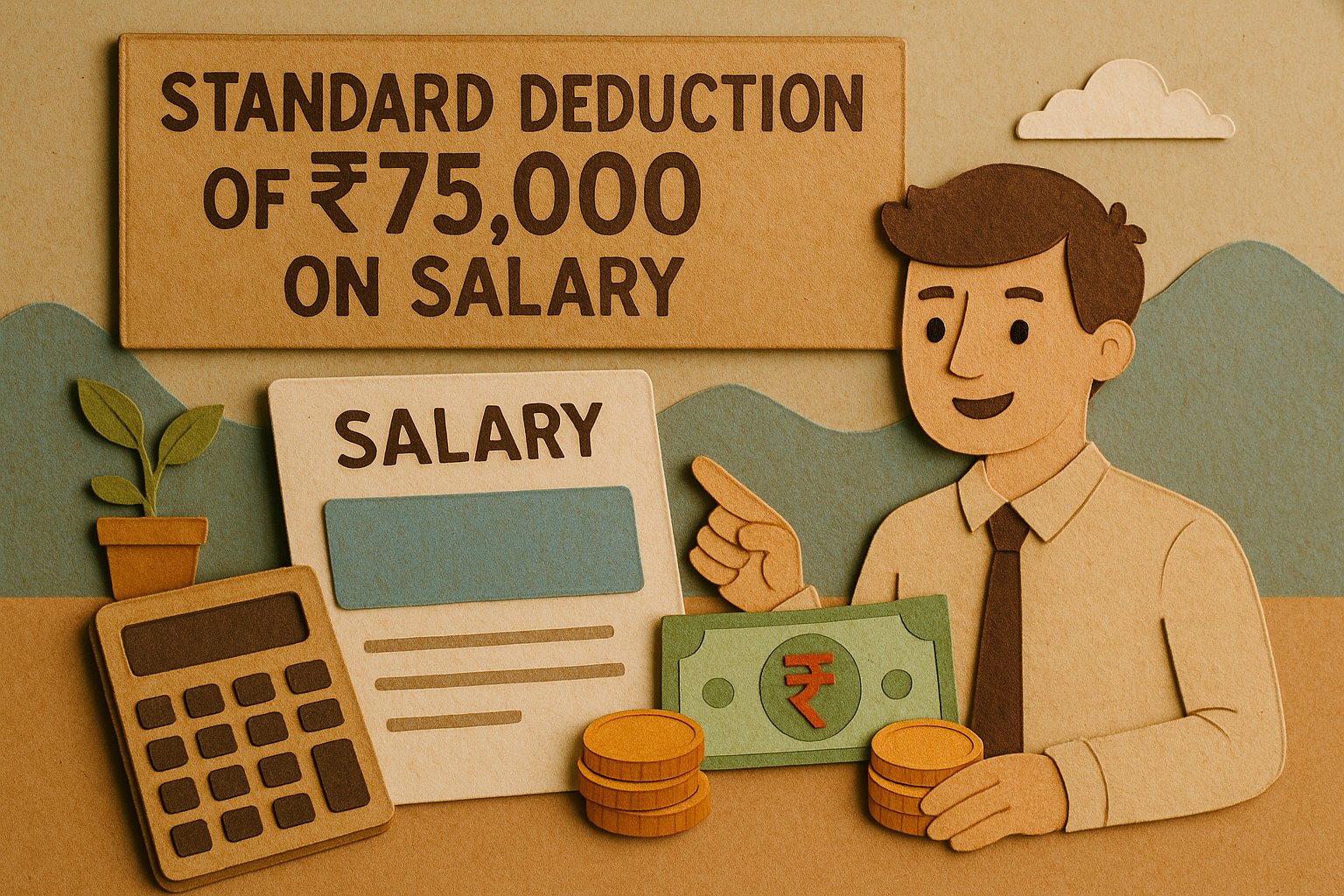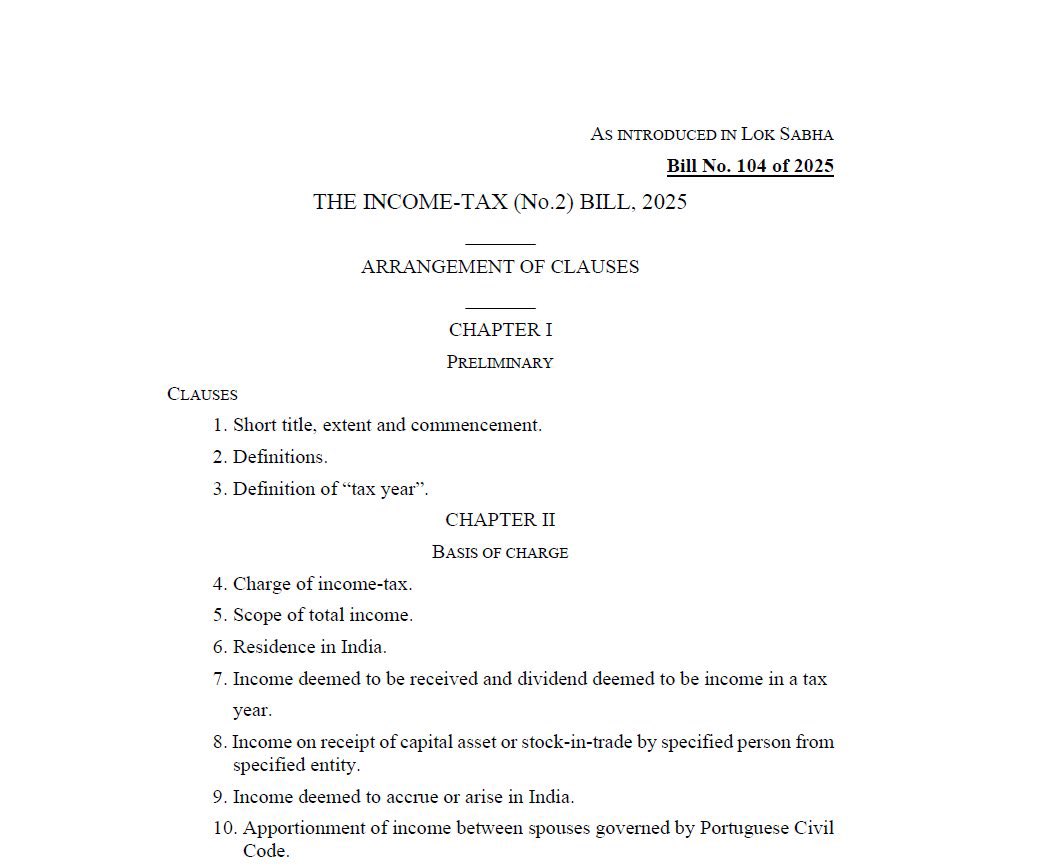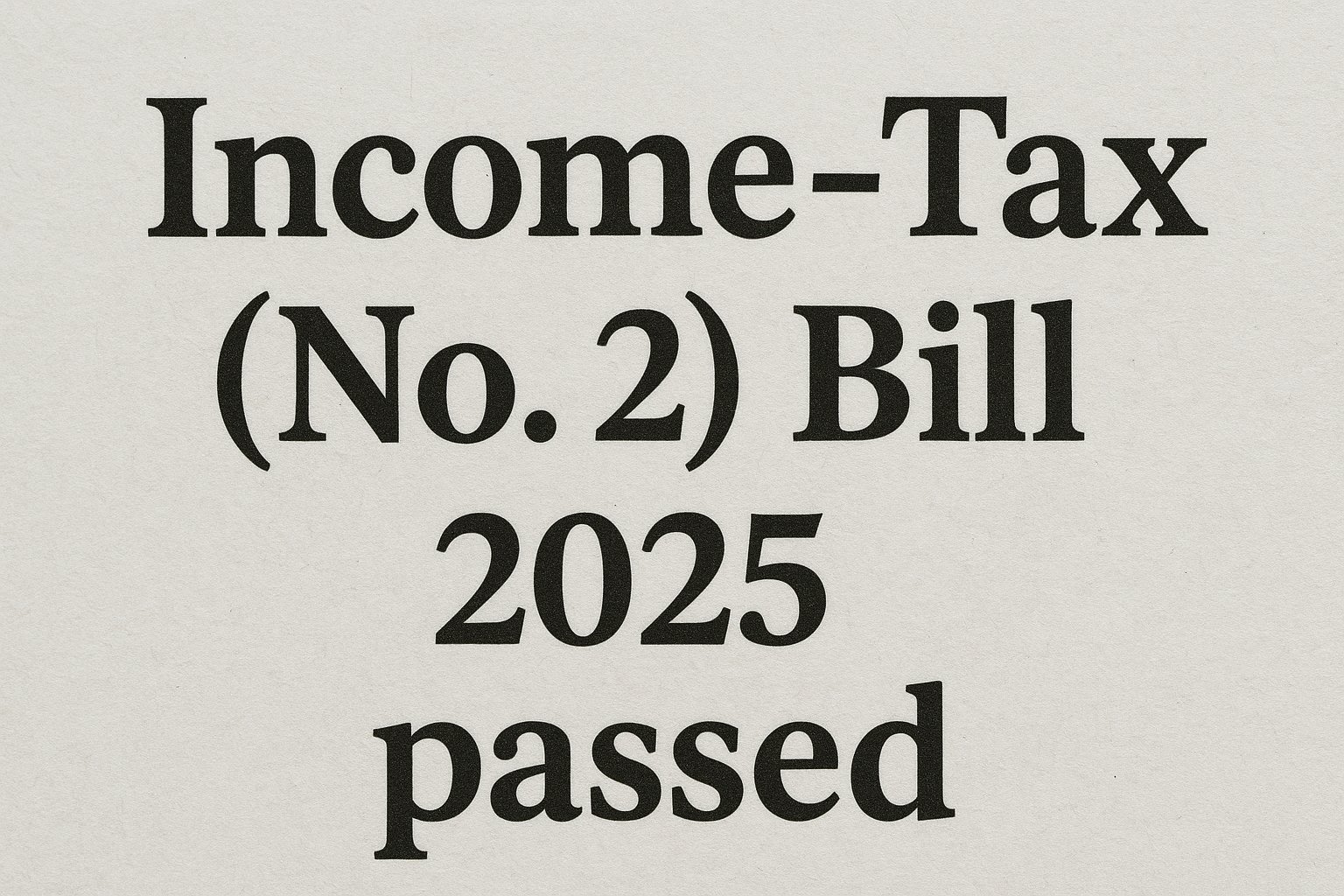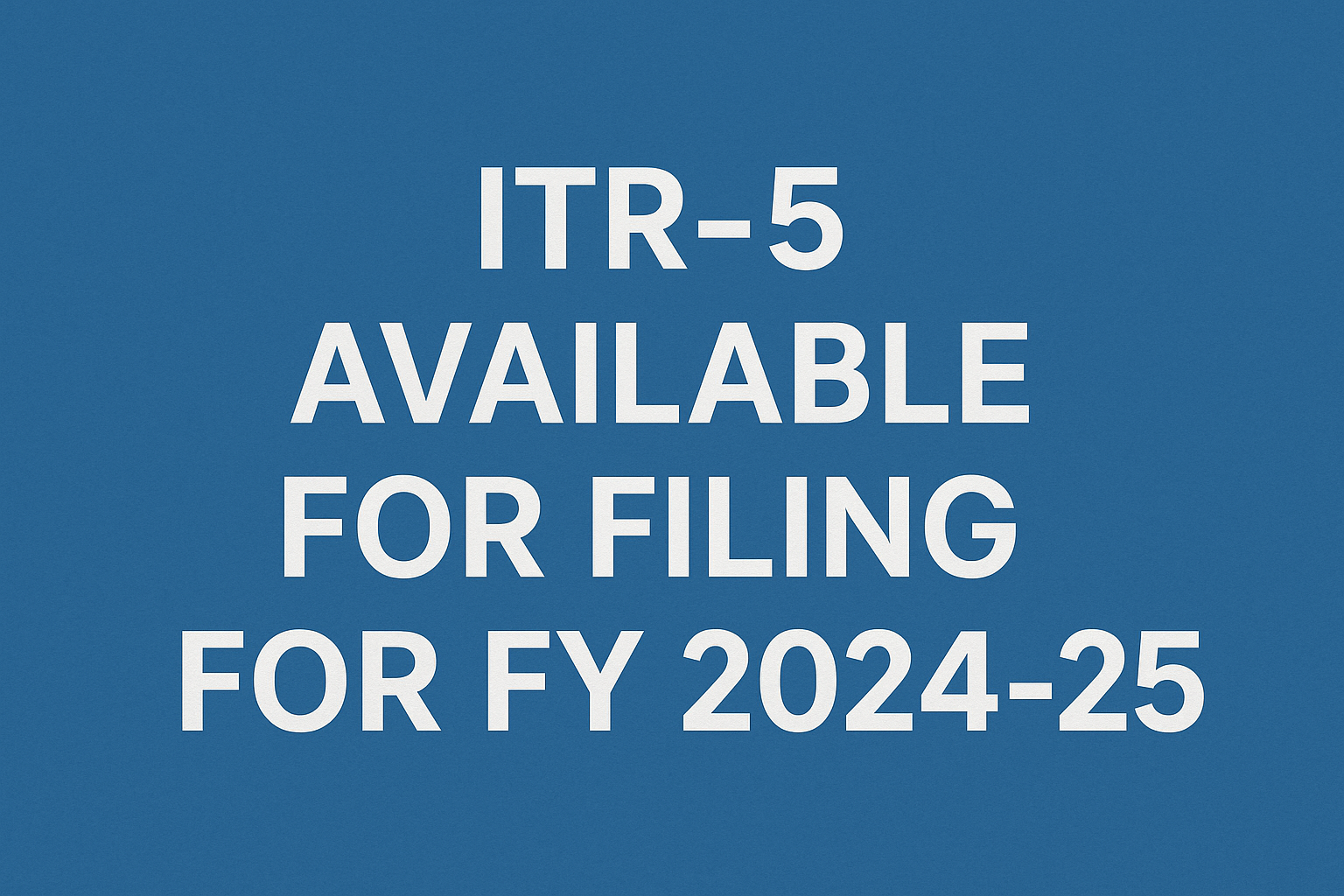In a recent landmark judgment, the Kerala High Court’s ruling in the case of M.Trade Links Vs Union Of India has significantly influenced the procedural aspects of Input Tax Credit (ITC) claims under the Goods and Services Tax (GST) regime in India. The court’s decision has far-reaching implications, particularly in streamlining the process of availing ITC and resolving bona fide claims and errors encountered during the initial rollout of GST.
Also Read Supreme Court Notice on Constitutional Validity of Section 16(4) of CGST Act
Background: The judgment stems from the acknowledgment by the Government of India regarding the challenges faced during the initial implementation of GST, particularly in the availability of GSTR 2A during the financial years 2017-2018 and 2018-2019. To address these challenges and rectify genuine claims and errors, Circular No.183/15/2022-GST dated 27.12.2022 and Circular No. 193/05/2023-GST dated 17.07.2023 were issued. These circulars cover the period from the introduction of GST until the amendment of Section 16(2)(aa) with effect from 01.01.2022.
Key Highlights:
- The circulars provide a framework for availing ITC in bona fide scenarios, requiring recipients to submit proof of payment to the Government by the supplier.
- Dealers who could not avail the benefits of these circulars within the prescribed time limit are granted a window of thirty days from the judgment to approach the appropriate GST authority.
- The court also addressed the amendment in Section 39 by the Finance Act 2022, extending the deadline for filing returns for the month of September to 30th November in each financial year.
- The retrospective effect of this procedural amendment ensures that claims for ITC made before 30th November for the period from 01.07.2017 till 30.11.2022 are processed, provided the dealer is otherwise entitled to claim ITC.
- Furthermore, the court rejected challenges to the constitutional validity of Section 16(2)(c) and Section 16(4) of the CGST/SGST Act.
Read Section 16 As on date
Section 16. Eligibility and conditions for taking input tax credit.-
(1) Every registered person shall, subject to such conditions and restrictions as may be prescribed and in the manner specified in section 49, be entitled to take credit of input tax charged on any supply of goods or services or both to him which are used or intended to be used in the course or furtherance of his business and the said amount shall be credited to the electronic credit ledger of such person.
(2) Notwithstanding anything contained in this section, no registered person shall be entitled to the credit of any input tax in respect of any supply of goods or services or both to him unless,-
(a) he is in possession of a tax invoice or debit note issued by a supplier registered under this Act, or such other tax paying documents as may be prescribed;
1[(aa) the details of the invoice or debit note referred to in clause (a) has been furnished by the supplier in the statement of outward supplies and such details have been communicated to the recipient of such invoice or debit note in the manner specified under section 37;]
(b) he has received the goods or services or both.
2[Explanation.- For the purposes of this clause, it shall be deemed that the registered person has received the goods or, as the case may be, services-
(i) where the goods are delivered by the supplier to a recipient or any other person on the direction of such registered person, whether acting as an agent or otherwise, before or during movement of goods, either by way of transfer of documents of title to goods or otherwise;
(ii) where the services are provided by the supplier to any person on the direction of and on account of such registered person;]
3[(ba) the details of input tax credit in respect of the said supply communicated to such registered person under section 38 has not been restricted;]
(c) subject to the provisions of 4[section 41 5[***]], the tax charged in respect of such supply has been actually paid to the Government, either in cash or through utilisation of input tax credit admissible in respect of the said supply; and
(d) he has furnished the return under section 39:
Provided that where the goods against an invoice are received in lots or instalments, the registered person shall be entitled to take credit upon receipt of the last lot or instalment:
Provided further that where a recipient fails to pay to the supplier of goods or services or both, other than the supplies on which tax is payable on reverse charge basis, the amount towards the value of supply along with tax payable thereon within a period of one hundred and eighty days from the date of issue of invoice by the supplier, an amount equal to the input tax credit availed by the recipient shall be 9[paid by him along with interest payable under section 50], in such manner as may be prescribed:
Provided also that the recipient shall be entitled to avail of the credit of input tax on payment made by him 10[to the supplier] of the amount towards the value of supply of goods or services or both along with tax payable thereon.
(3) Where the registered person has claimed depreciation on the tax component of the cost of capital goods and plant and machinery under the provisions of the Income tax Act, 1961 (43 of 1961), the input tax credit on the said tax component shall not be allowed.
(4) A registered person shall not be entitled to take input tax credit in respect of any invoice or debit note for supply of goods or services or both after the 6[thirtieth day of November] following the end of financial year to which such invoice or 7[****] debit note pertains or furnishing of the relevant annual return, whichever is earlier.
8[Provided that the registered person shall be entitled to take input tax credit after the due date of furnishing of the return under section 39 for the month of September, 2018 till the due date of furnishing of the return under the said section for the month of March, 2019 in respect of any invoice or invoice relating to such debit note for supply of goods or services or both made during the financial year 2017-18, the details of which have been uploaded by the supplier under sub-section (1) of section 37 till the due date for furnishing the details under sub-section (1) of said section for the month of March, 2019.]
Conclusion: The Kerala High Court’s judgment in M.Trade Links Vs Union Of India underscores the significance of procedural amendments and the role of judicial intervention in ensuring fair and equitable implementation of GST laws. By extending deadlines and providing clarity on ITC claims, the ruling aims to alleviate the challenges faced by taxpayers and foster compliance in the GST ecosystem. As businesses navigate the complex terrain of GST regulations, adherence to legal precedents and judicial directives becomes paramount for achieving seamless GST compliance and realizing the full benefits of the tax reform.
Visit www.cagurujiclasses.com for practical courses


